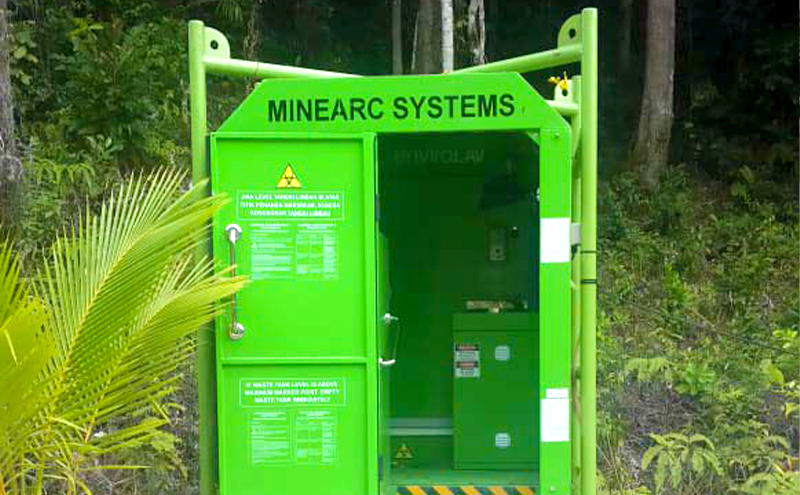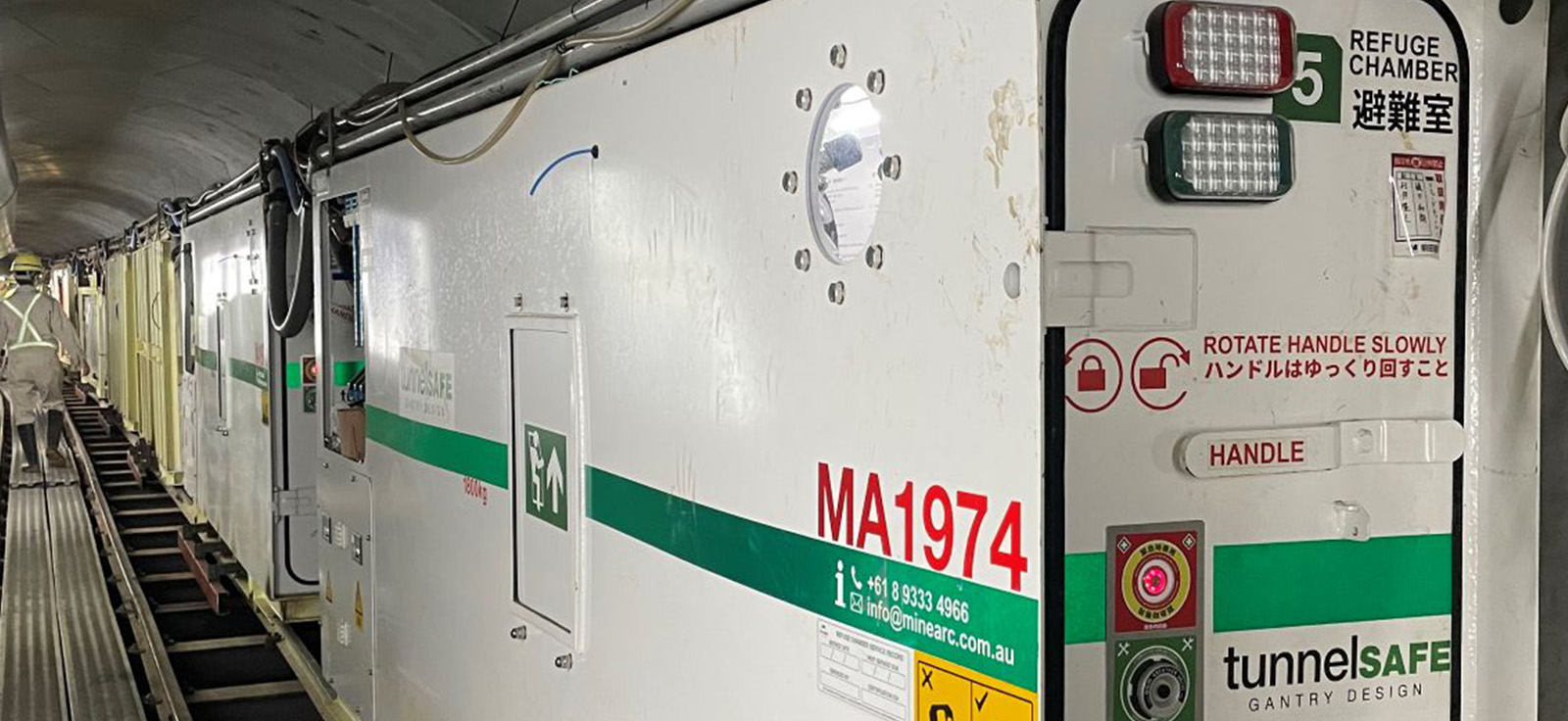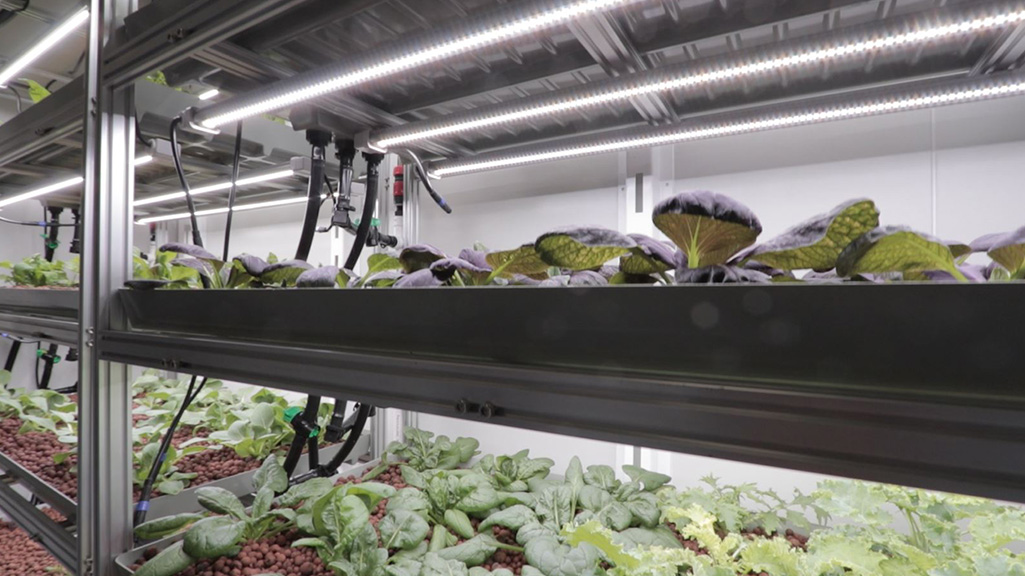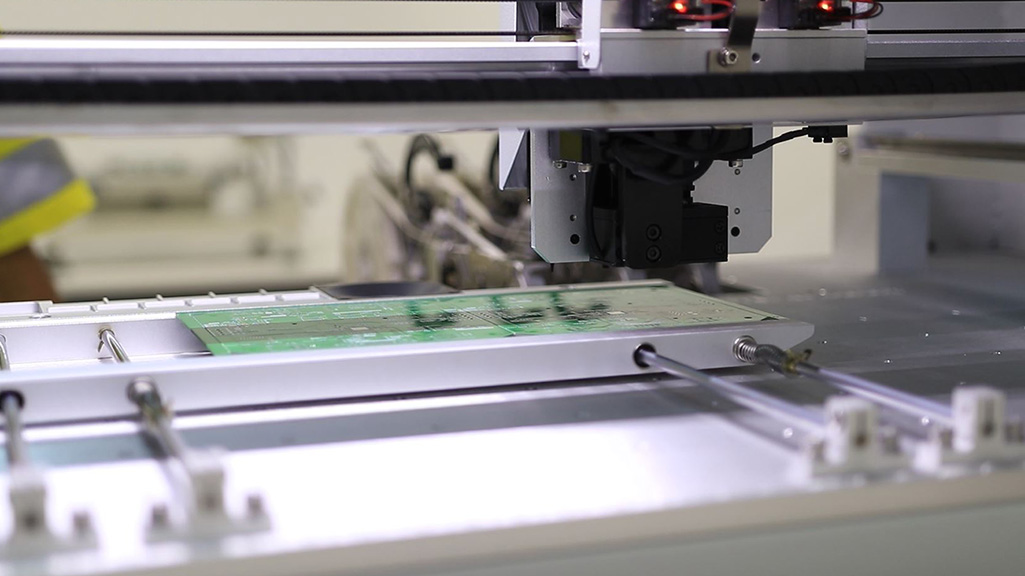Sustainability is a core value for many modern resource companies. Several have already taken steps to impact their surrounding community and environment positively. Meeting this goal requires companies to assess the surrounding environment consciously, and actively taking steps to reduce negative impact. One way companies are combating their environmental impact is through the reduction of waste. This Borneo oil chose to install environmentally-friendly toilets to remain at the forefront of environmental sustainability.
Ensuring Sustainability
Management of waste is essential. Whether industrial or human, waste needs to be correctly contained, stored, and removed. Local governments and environmental bodies will often impose strict guidelines which on and offshore oil rigs must meet. These guidelines help ensure the ecological surroundings are protected, as is the health of personnel and the broader community.
Maintaining strong hygiene models and meeting strict environmental obligations are not mutually exclusive. Sanitation plays a significant role in the health and productivity of a site. Companies can provide clean, working toilets and handwashing facilities that do not use excess water and have a low footprint.
A leading energy company based in Indonesia set out to improve its waste management on isolated islands and inland locations. The corporation has been in production for over six decades, growing internationally and diversifying into new renewable energy. As they continue to grow as a company, environmental sustainability remains a key focus.
Site Challenges and Solutions
Challenges
- Reduce the environmental impact of waste and water use.
- Work within the strict transport requirements of the site, limited to off-road cranes.
- Ensure that the toilets met the cultural and gender requirements of the site.
Solutions
- Provide low-impact, environmentally-friendly toilets across the site.
- Customise the toilet design to meet transportation requirements.
- Manufacturer a toilet which meets the values of all personnel.
Low-Impact, Environmentally-Friendly Toilets
Disposal of waste is more complicated in remote locations compared to similar, centralised operations. The secluded inland and island locations of the oil field projects required delicate consideration of the surrounding natural environment. Preserving the dense jungle backdrop was a critical aspect of each project’s ongoing success. A minimal impact solution, sourced by the company was MineARC’s EnviroLAV Toilet.
The EnviroLAV Toilet contains a self-processing waste tank. Matter is broken down using aerobic technology and a biodegradable, specially-formulated liquid known as EnviroZYME. This produces an autonomous reaction, breaking down the matter and reduces the need to empty the waste tank continually. Once installed, it can require emptying in up to 12-month periods, depending on usage and external conditions.
Self-processing toilets have a low impact on natural resources and are ideal for water-scarce environments. The biological process creates a unique ecosystem concentrated within a sealed container. Within the EnviroLAV, a measured amount of EnviroZYME is used to break down the waste and other materials collected from the above basin and toilet, limiting the amount of water required to decompose the materials.
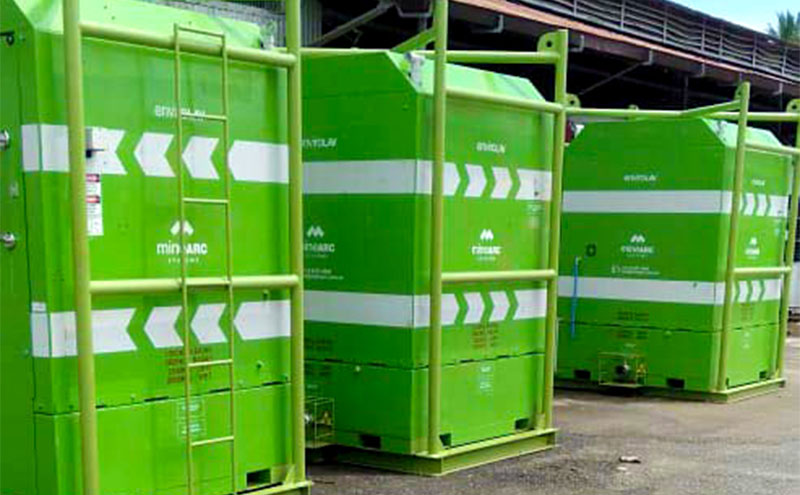
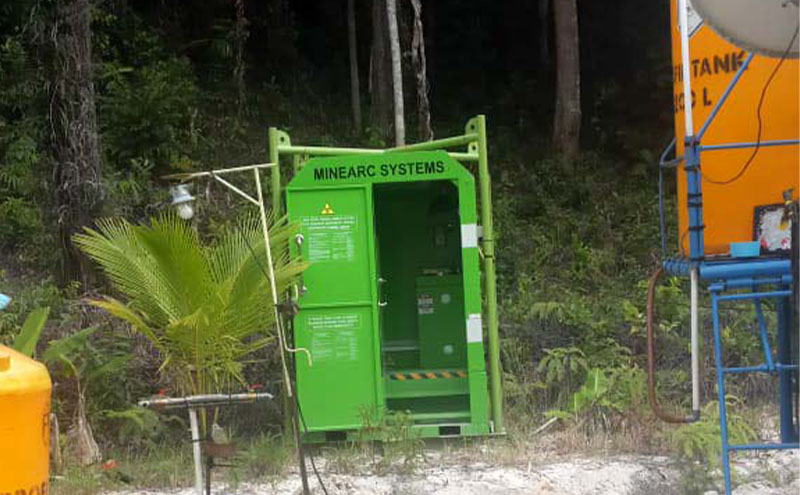
Custom Transport Design for Environmentally-Friendly Toilets
The energy company assigned three surface drill rigs and crews to a remote jungle area in Borneo. Service trucks were unable to access the oil field due to the remoteness of this location; thus, the only means of transporting the environmentally-friendly toilets were off-road cranes.
As a standard, the EnviroLAV Toilet has inbuilt forklift slots, accessible from all sides. These multi-access slots allow for the safe transport of the toilet with a full or empty tank. At the base of the toilet is the waste tank, and when this contains matter, weight is concentrated at the bottom. As a result, the centre of gravity in the EnviroLAV is low and can shift if the toilet is moved.
In its standard form, the EnviroLAV is not capable of being lifted by a crane necessitating the demand for an alternate option. MineARC worked alongside the oil company to determine an appropriate solution to meet the transport needs.
The chosen solution was to design a crane jib to support the weight of the EnviroLAV Toilet and its waste tank. The jib is an external structure built to support a full or empty EnviroLAV from beneath its centre of gravity. A custom lift frame was fabricated and fitted on-site to each EnviroLAV to allow safe and secure handling by off-road cranes.
A Toilet Which Meets the Values of All Personnel
Every site has cultural considerations to be met. Simple adjustments to design, such as though which represent a familiar bathroom style found in the region, can make staff feel more respected and valuable. As a global company, MineARC offers a variety of culturally respectful options to meet both Western and Eastern standards. Examples of optional features presented included a squat pan as an alternative to the pedestal and a wash-down bidet hose.
The company’s proactive approach to incorporating gender-specific toilets across the Indonesian site has allowed personnel to feel safer and more valued on site. Gender equality in the oil and gas industry has taken the spotlight over recent years. The company is actively working to find solutions that support a safer experience for all genders on site.
How the company worked towards improving sanitation while maintaining a low environmental impact was critical to the success of each project. MineARC worked in partnership with the energy company to customise the EnviroLAV Toilet to suit the ecological sensitivity, number of personnel, and cultural standpoint. The acquisition of environmentally-friendly toilets provided the company with a sustainable solution to meet the needs of its employees and the community in line with the organisation’s objectives.



